How Ferguson Changed America ... and Me
The Root
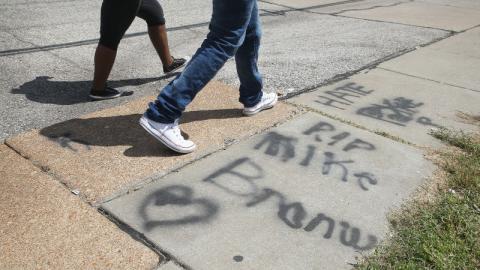
But for both America and me, Ferguson was different, because it was now. Because of social media, the 24-hour access to media and the domino effect of protests that rippled through cities across the country, white America could finally see up close what was going on.

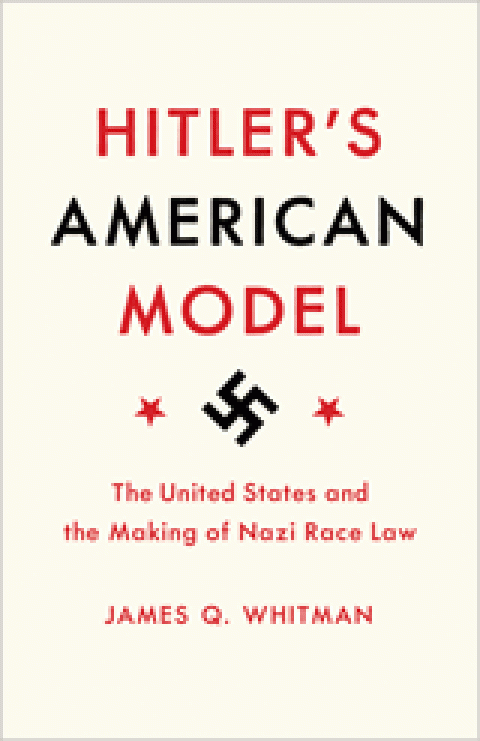


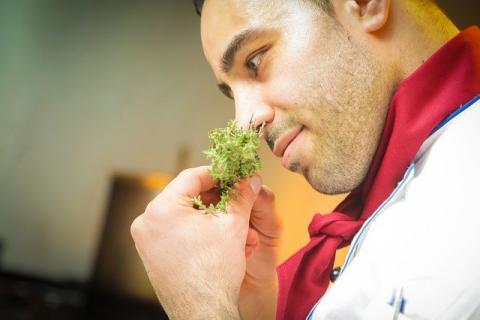
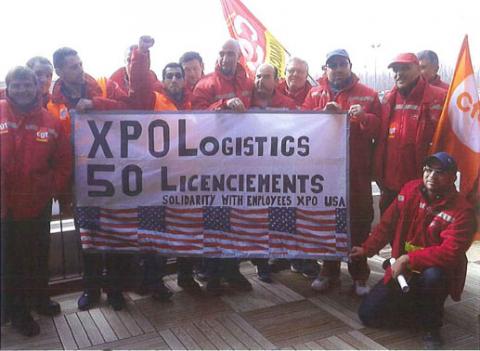
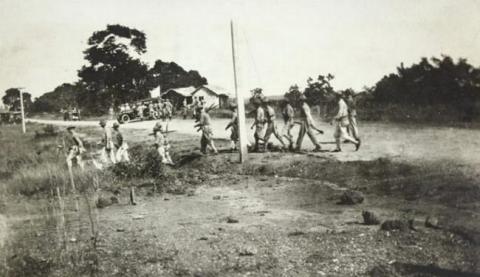
Spread the word